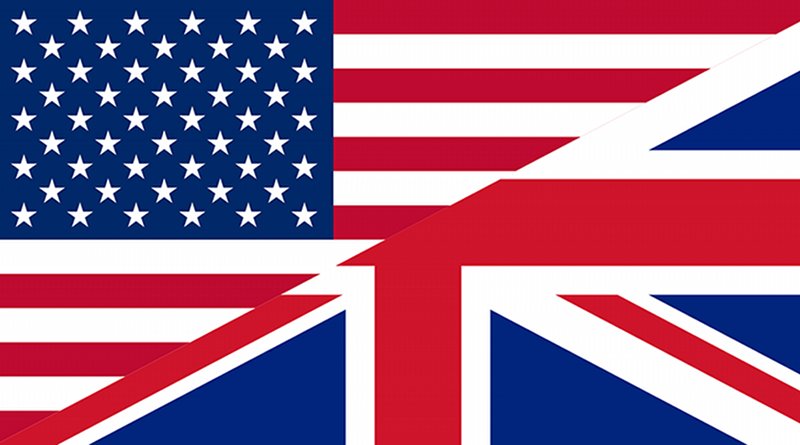British Military To Follow US Example Of Smaller Armed Forces – OpEd
By Jim Kouri
As if playing follow-the-leader on a grand scale, top officials with the British army revealed their plans for a smaller army on Tuesday, calling it a transformation of the United Kingdom’s fighting forces, according to a report from the Ministry of Defence.
General Peter Wall, the chief of Britain’s defense, announced in a report that the U.K.’s army should be smaller and will be transformed from its current campaign posture to a contingency posture since Britain has significantly reduced the number of troops in Afghanistan and anticipate even more reductions.
“The army is confronting some very significant challenges in the coming years by dint of the gravity of the economic situation, the implications of the approaching conclusion to its combat role in Afghanistan by the end of 2014, and the uncertainty of the security threats to Britain around the world and our potential reaction to them,” General Wall stated.
According to Wall’s report, the shape of the British army will be different in future and would be focused on five “homogenous brigades,” which he claims would be deployed on a “pipeline” basis of one at a time, rather than all together.
The British army was larger and focused more on fighting a conventional war against another state when it began a significant build-up in its military presence in southern Afghanistan in 2006, as part of an escalation in the war that began with the U.S. invasion in 2001, according to British officials.
In October 2010, the coalition government of Prime Minister David Cameron published the Strategic Defense and Security Review (SDSR), which sets out the country’s military and strategic policy.
The government planned to downsize its troops to 82,000 full-time soldiers and 30,000 trained reservists by the end of 2018. In addition, all the 18,000 soldiers currently deployed in Germany would leave by 2020.
The British government surprised many when the Royal Navy cut its entire aircraft carrier fleet of three vessels, the carriers’ aircraft, as well as cuts in the number of tanks, heavy guns, fast jets and infantry regiments. The rationale for these major cuts is the urgency of the British government to cut military spending as part of that nation’s economic recovery.
“The British government is practically mirroring the military reductions in the United States and for the same reason — economies that can no longer sustain such a powerful defense posture,” said a former U.S. General.

